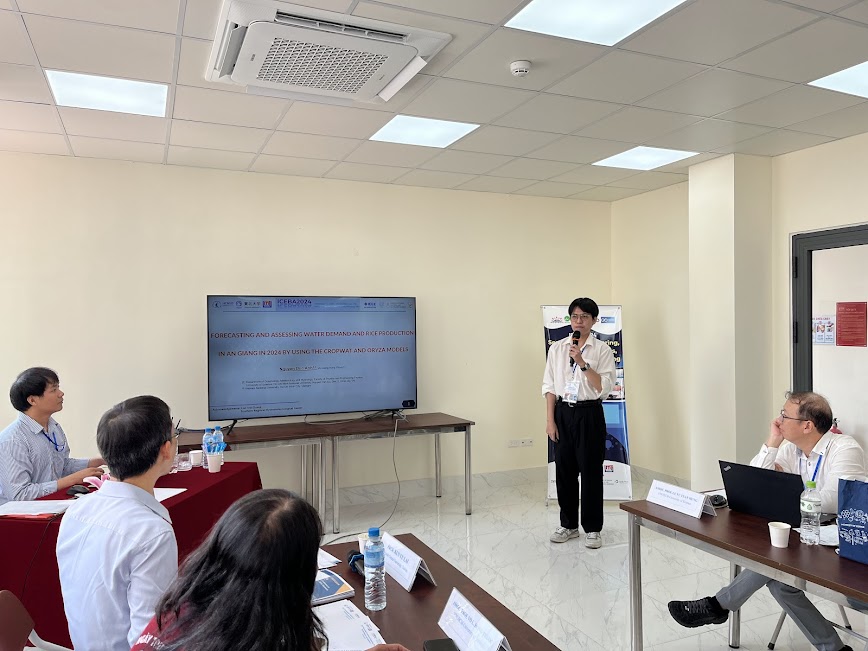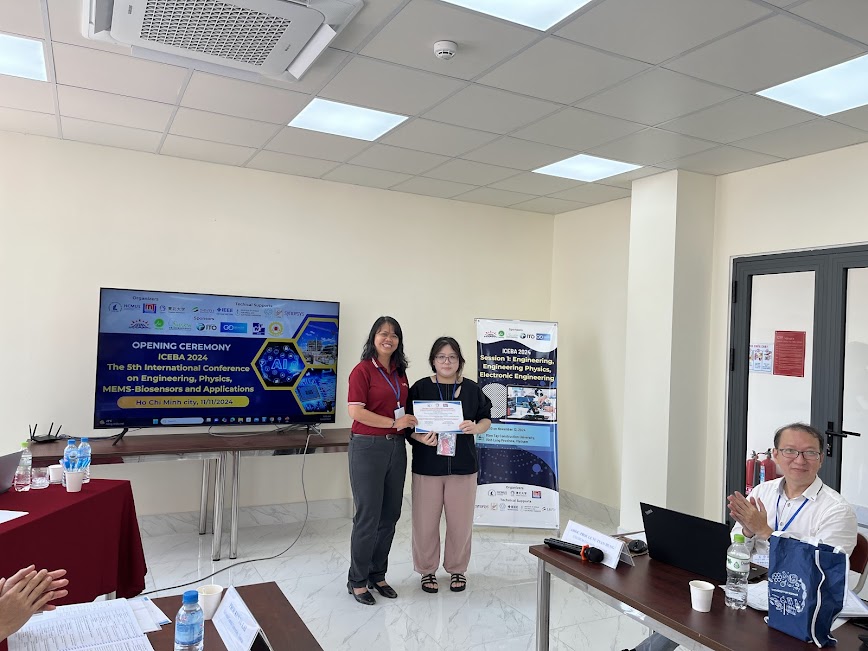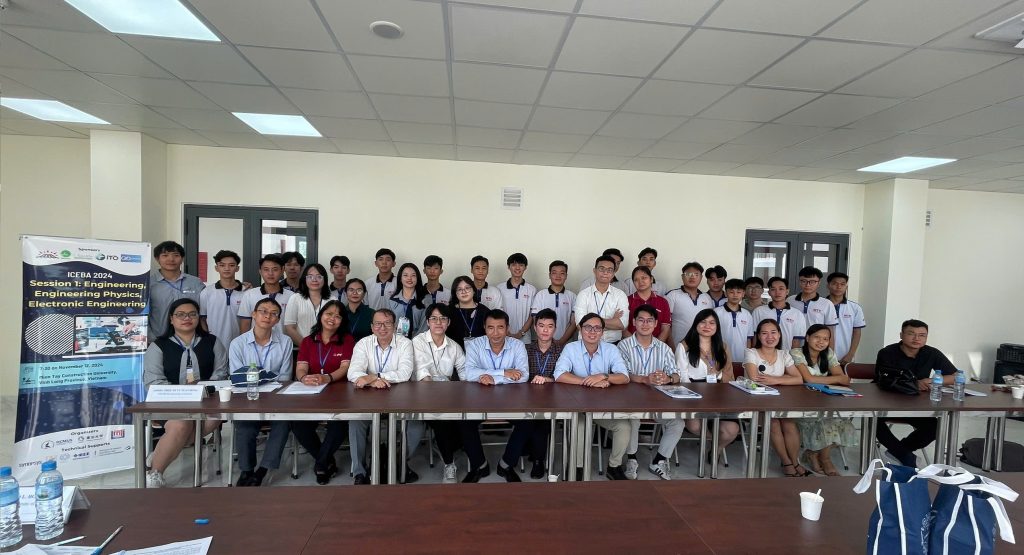On November 11 and 12, 2024, the University of Science – Vietnam National University, Ho Chi Minh City (VNU-HCM), in collaboration with Tohoku University (Japan) and the Mien Tay Construction University, successfully hosted The 5th International Conference on Engineering, Physics, MEMS-Biosensors and Applications (ICEBA2024). This significant scientific event attracted leading experts and researchers in the fields of physics, engineering, MEMS, biosensors, and biomedical technology, providing a forum for discussing and sharing the latest breakthroughs in research.
The conference brought together numerous professors and PhDs from countries such as Germany, Japan, and Taiwan, along with over 300 delegates from universities, colleges, and scientific communities in the region and internationally.
Faculty members and students from the Department of Oceanology, Meteorology, and Hydrology also participated and presented at
Session 1. Engineering Physics and Electrical & Electronic Engineering, with research papers including:
| No | Author | Presentation |
| 1 | Thi Kim Thao Nguyen, Van Tuan Le and Luong Hong Phuoc Vo | Application of MIKE 21/3 Coupled Model FM for selecting a suitable coastal protection scheme for Hiep Thanh commune, Tra Vinh province (Vietnam) |
| 2 | Xuan Dung Tran, Anh Ha Le and Hong Phuoc Vo Luong | Applied study of hydrodynamic model on coastal area with mangrove forest |
| 3 | Thanh Minh Nguyen, Chung Tran and Hong Phuoc Vo Luong | Modeling the trajectory of microplastics in the estuary of Hau River using the open-source OpenDrift model |
| 4 | Duc Anh Nguyen and Hong Phuoc Vo Luong | Forecasting and assessing water demand and rice production in an giang in 2024 by using the cropwat and oryza models |
Notably, student Nguyễn Thị Thanh Minh received the Outstanding Presentation Award at the Session.
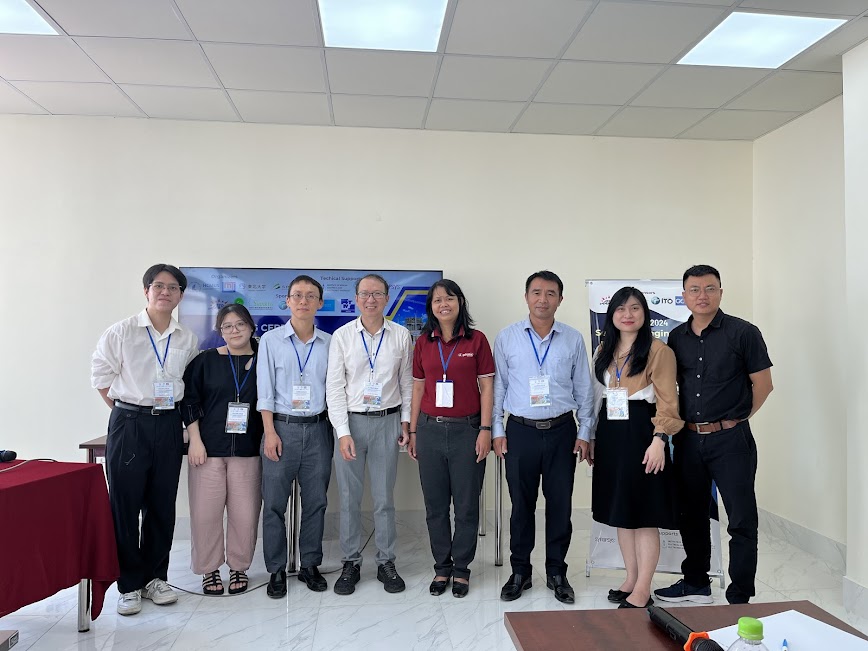
ICEBA 2024 concluded successfully, fostering collaboration and knowledge exchange in engineering, physics, MEMS, and biomedical technology. The event received high recognition from the scientific community domestically and internationally, opening up new opportunities for future advancements in the field.

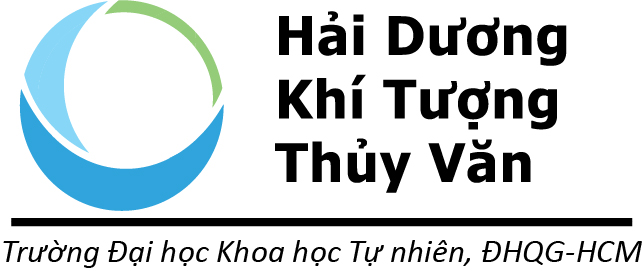

 VN
VN

